Soft-Shell Crab Farming in Plastic Bins in Thạnh Phú: A Success Story
A Journey of Trial and Error
Since 2021, Mr. Đào Phước Xoàn began experimenting with soft-shell crab farming. After four years of self-directed research, trial-and-error, and numerous failures, he has now mastered the technical skills and essential experience to raise soft-shell crabs successfully.
Mr. Xoàn shared: During his first batch, due to lack of experience, the molting rate was very low. The crabs that didn’t molt were returned to the pond. In the second batch, he fed them with commercial feed on the first day — but all the crabs showed signs of distress and died. Upon investigation, he found the feed had been laced with chemicals. In the third batch, he switched to traditional homemade feed and disinfected the water with chlorine, but again the crabs died unexpectedly.
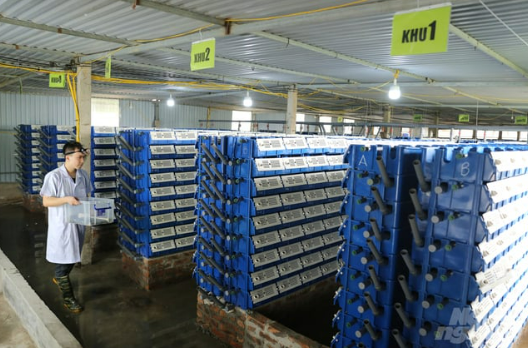
After three failed batches, millions of VND lost, and over a year and a half of effort, the results were zero. Discouraged, he considered giving up. But during a break from farming, he reflected on his mistakes and decided to restart with a more standardized process.
Cracking the Code
In his fourth attempt, the crabs remained healthy and began molting. He initially tried a circulating water system using linked bins, but this method led to disease transmission. Eventually, he simplified his approach by using individual recycled plastic bins, placing one crab per bin. This drastically reduced the need for expensive equipment.
After fully understanding the physiological development and ideal environmental conditions for molting, he invested in an additional earthen pond for acclimatization.
“Crabs don’t easily adapt to different climates or soil conditions,” Xoàn explained. “Once crabs are caught and bound with ropes, their physiology changes. That’s why the acclimatization phase is critical.”
Initially, it took 2–3 months for crabs to molt, and some wouldn’t molt at all — eventually dying. Now, with improved methods, the molting time is down to just 1.5 months.
Boosting the Value of Crab Farming
Xoàn chose a different route from his parents’ traditional methods. He explains that soft-shell crabs are more delicious, as they can be eaten whole without peeling. Farmers also have more control over quality and timing, ensuring the crabs are sold at their prime.
“Sometimes customers mistakenly buy crabs that molted too long ago and have begun hardening. These are less tasty and have little meat,” he added.
In contrast, fattening hard-shell crabs is easier: just toss them in a pond with feed until they grow firm and sell them. But soft-shell crab farming requires close health monitoring, individualized care, and customized sizing according to market demand.
Market Prices and Advantages of Thạnh Phú Crabs
During August, high-quality female crabs (known locally as cua đầu tài) can fetch 700,000–800,000 VND/kg, while during Tết (Lunar New Year) prices can soar to 1 million VND/kg. These large crabs (700g+) are highly valued, but if sold as regular mixed crabs (cua xô), they only fetch about a third of that price. However, soft-shell crabs command a premium due to better quality.
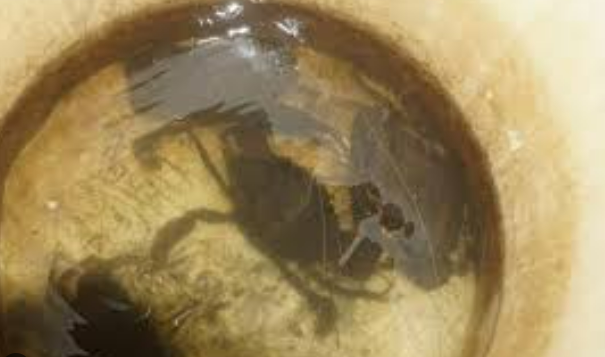
Currently, Xoàn’s production cannot meet demand, as local supply is limited. He has tried sourcing crabs from other regions, but they don’t adapt well due to differences in climate and soil. He highlights a unique selling point:
“Thạnh Phú crabs are known for their rounded claws, thin shells, and naturally sweet, fragrant meat.”
His method of soft-shell farming in plastic bins strictly follows natural principles — no chemicals are used.
Eco-Tourism and Product Branding
To help boost local incomes and promote sustainable aquaculture, Mr. Xoàn is also developing a river-tourism experience that includes tasting and purchasing soft-shell crab. He is currently registering intellectual property rights and working on OCOP (One Commune One Product) certification to establish his soft-shell crab as a local specialty tied to eco-tourism in Thạnh Phú.
Source: aquaculture.vn
Aqua Mina's distributor in Japan: REX INDUSTRIES CO., LTD
- Address: 1-9-3 Hishiya-Higashi, Higashi-Osaka 578-0948 JAPAN
- Email: kimakubo@rexind.co.jp
- Phone: +81-(0)72-961-9893
- Website: http://www.rexind.co.jp/e/
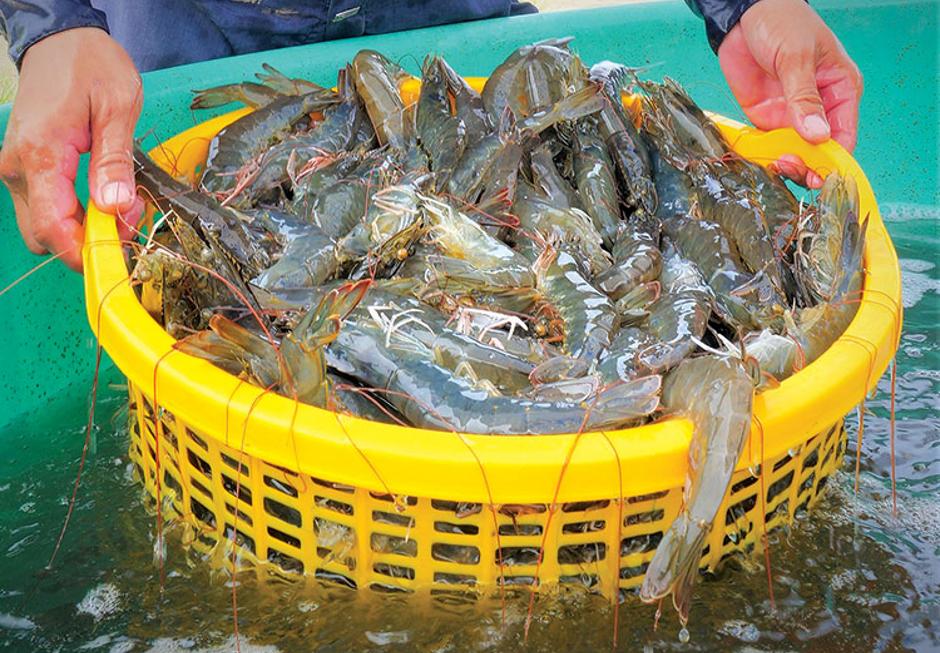
WE WORK FOR YOUR SUCCESS!
Ngày đăng : 17/06/2025
2126 View
Other Articles
Indian shrimp pivot to the EU, increasing competitive pressure on Vietnam
Indoor shrimp farming in Europe: Investment challenges and the race to find a viable model
Shrimp production surged in the first month of the year, with exports benefiting from strong demand during the Lunar New Year holiday
Quang Ninh Accelerates Digital Transformation in Shrimp Farming, Rising to Lead Northern Vietnam
Lucky money is not just about cash — it’s Aqua Mina’s wish for a worry-free farming season for our valued customers
Việt Nam's top 10 seafood exporters command nearly one-fifth of industry revenue
Ca Mau Maintains Its Shrimp Brand in International Competition
VIETSHRIMP ASIA 2026 & AQUACULTURE VIETNAM 2026 – A TURNING POINT FOR THE MODERN SHRIMP FARMING INDUSTRY
Ecuador's shrimp industry educational program SustainED kicked off its 2026
An Giang will start raising brackish water shrimp as early as the beginning of 2026
Aqua Mina conducts the on-site installation of two aquaculture air blowers | Ceramic Ball Bearing – 15 kW – 25 kPa for a customer in Quang Ninh
Towards Building Brand Value for the Shrimp Industry








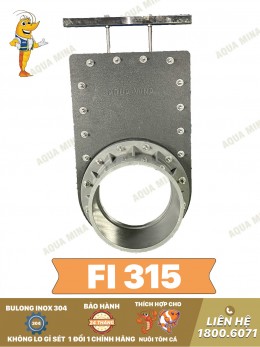
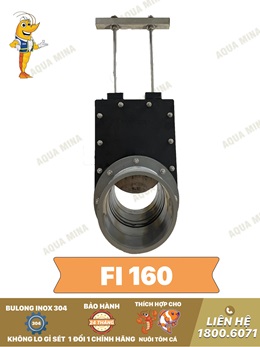
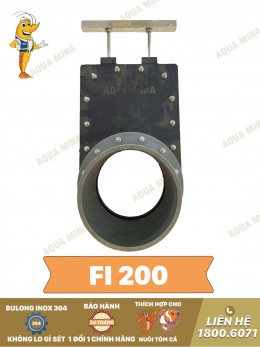
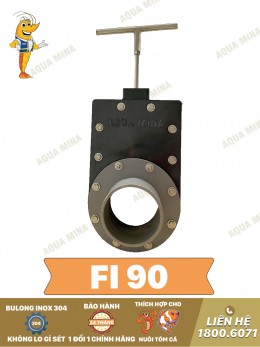
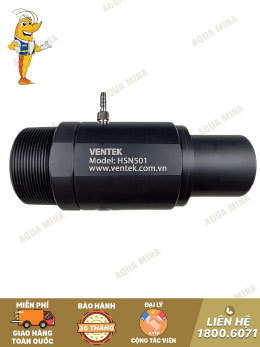
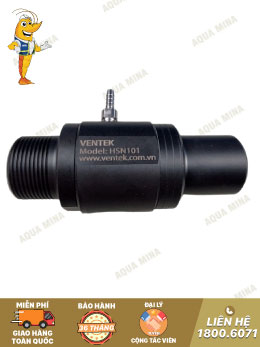

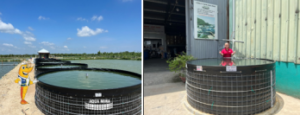
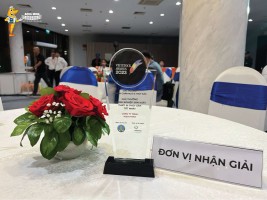
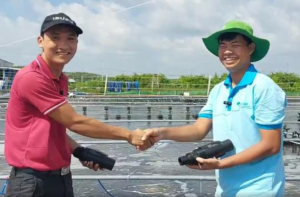
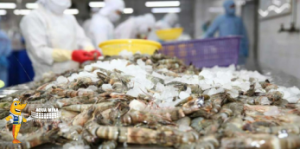
.jpg)